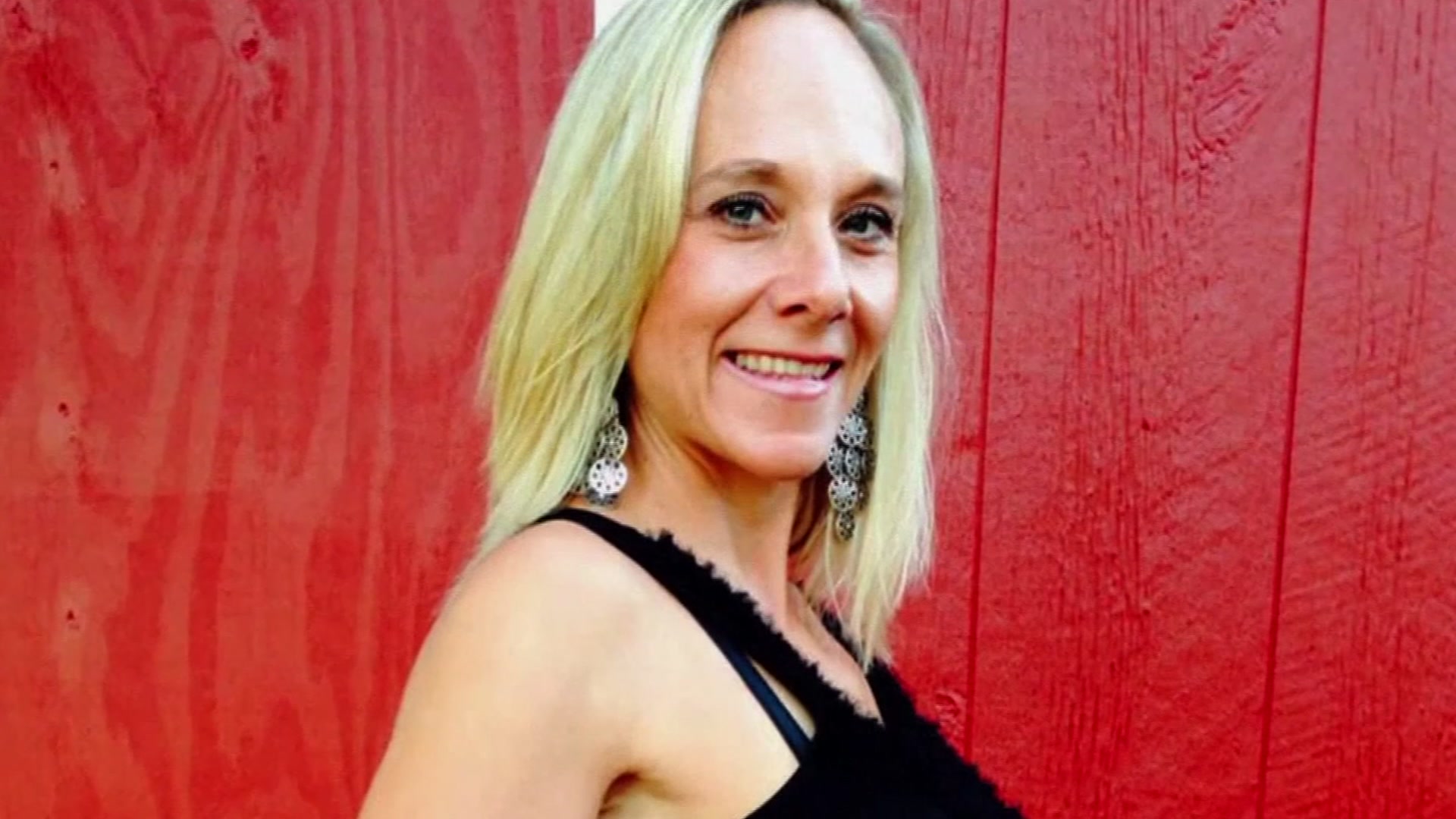One of the fastest weather radar systems in the world was locked away in a building at Dallas/Fort Worth International Airport during Tuesday's tornado outbreak.
The Collaborative Adaptive Sensing of the Atmosphere (CASA) was supposed to be up and scanning skies over the DFW area this month or next.
The North Central Texas Council of Governments (NCTCOG) put together the funding to bring CASA to North Texas, but it is short $150,000. Now, some emergency managers worry it won't be ready at all for the spring storm season because of the funding setback.
Researchers from three universities built the potentially life-saving system, tested it in Oklahoma and want to install CASA in the largest metropolitan area in Tornado Alley.
The network of eight CASA radars would provide meteorologists with finer details of deadly storms once per minute instead of every five minutes like current Doppler radars. That speed could help meteorologists predict the path of tornadoes and other hazardous weather faster and right down to a single neighborhood.
"It could give an extra 10 minutes of warning time," said Bill Bunting, of the National Weather Service in Fort Worth. "In storms that develop rapidly, the earlier we can get a sense of that rotation and where it's moving, the quicker we can warn folks in the path to take shelter."
NCTCOG thought federal grant money from the Department of Homeland Security could be tapped, but its request was turned down. The federal government said the project didn't meet the criteria for the grant.
Local
The latest news from around North Texas.
"It sounds like a bureaucratic problem more than anything else," said Rep. Michael Burgess, R-Texas. "We want to get this up and running. It was on line to be up at the later part of the spring. I'd still like to see that happen."
Burgess didn't know the sophisticated radar system was in limbo until NBC 5 took him to the warehouse at DFW Airport.
"For heaven's sakes, let's get this done. You could save a lot of lives with this," said Burgess, who is also trying to get to the bottom of why the funding was denied.
If funding can't be secured, North Texas could lose the radar.
"At some point, if we don't secure this and get it operational, they would move it to another area," said Molly Thoerner, NCTCOG director of emergency preparedness.
In addition to Rep. Burgess, NCTCOG said it plans to reach out to other members of the local congressional delegation for help. A spokeswoman for Rep. Jeb Hensarling said his office would be happy to review the issue if NCTCOG contacts them. At Rep. Eddie Bernice Johnson's office a spokewoman said she would check with staff on the issue. Three other congressional offices in districts with recent tornado damage did not return calls.
The Department of Homeland Security told NBC 5 it would try to help find other funding for CASA.
Meanwhile, NCTCOG is trying to raise the $150,000 from private businesses and has even talked to the airlines about it because the system could warn airlines to move their aircraft out of the path of damaging hail.



